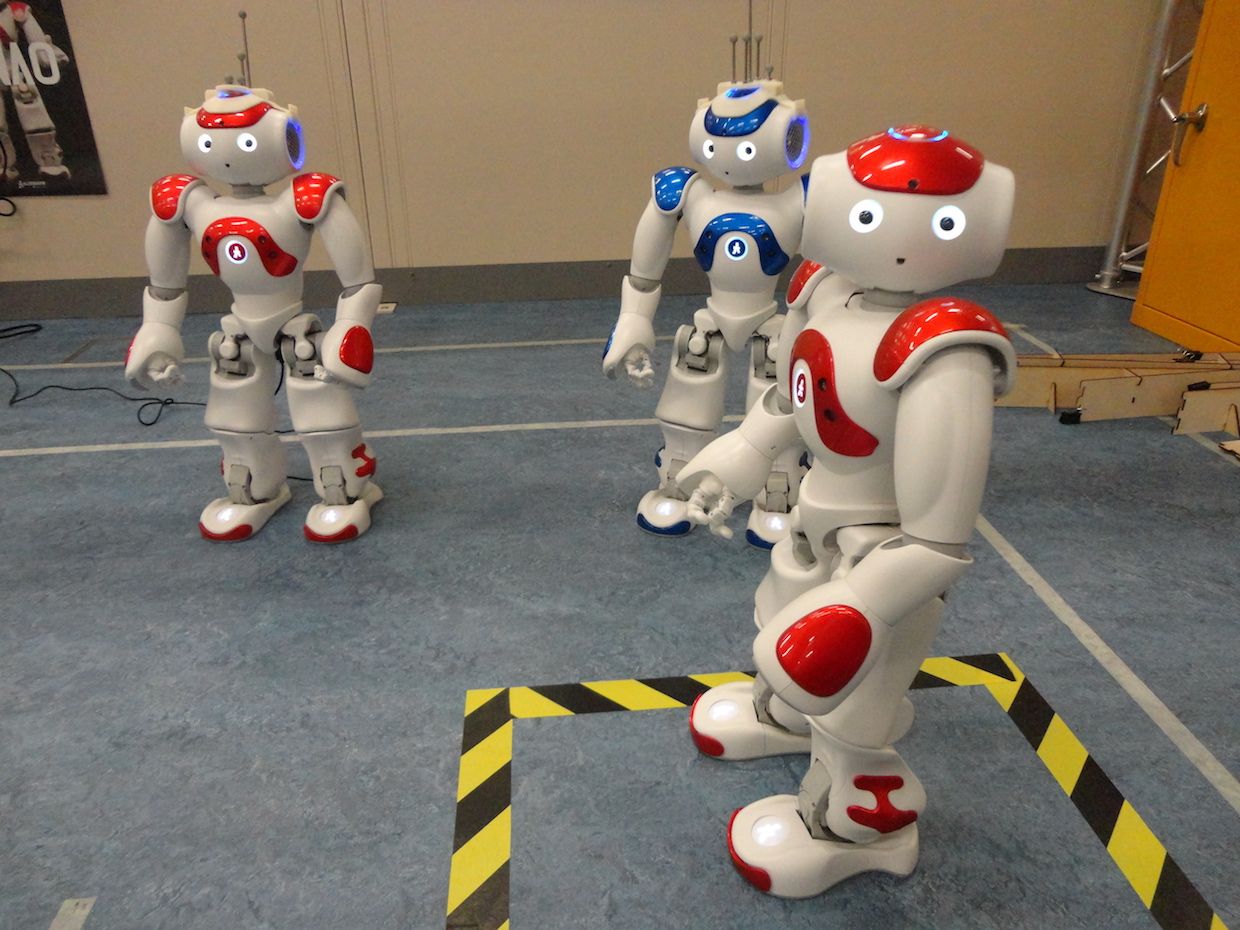
Getty Images
In the forward to Microsoft’s recent book, The Future Computed, executives Brad Smith and Harry Shum proposed that Artificial Intelligence (AI) practitioners highlight their ethical commitments by taking an oath analogous to the Hippocratic Oath sworn by doctors for generations.
In the past, much power and responsibility over life and death was concentrated in the hands of doctors.
Now, this ethical burden is increasingly shared by the builders of AI software.
Future AI advances in medicine, transportation, manufacturing, robotics, simulation, augmented reality, virtual reality, military applications, dictate that AI be developed from a higher moral ground today.
In response, I (Oren Etzioni) edited the modern version of the medical oath to address the key ethical challenges that AI researchers and engineers face …
The oath is as follows:
I swear to fulfill, to the best of my ability and judgment, this covenant:
I will respect the hard-won scientific gains of those scientists and engineers in whose steps I walk, and gladly share such knowledge as is mine with those who are to follow.
I will apply, for the benefit of the humanity, all measures required, avoiding those twin traps of over-optimism and uniformed pessimism.
I will remember that there is an art to AI as well as science, and that human concerns outweigh technological ones.
Most especially must I tread with care in matters of life and death. If it is given me to save a life using AI, all thanks. But it may also be within AI’s power to take a life; this awesome responsibility must be faced with great humbleness and awareness of my own frailty and the limitations of AI. Above all, I must not play at God nor let my technology do so.
I will respect the privacy of humans for their personal data are not disclosed to AI systems so that the world may know.
I will consider the impact of my work on fairness both in perpetuating historical biases, which is caused by the blind extrapolation from past data to future predictions, and in creating new conditions that increase economic or other inequality.
My AI will prevent harm whenever it can, for prevention is preferable to cure.
My AI will seek to collaborate with people for the greater good, rather than usurp the human role and supplant them.
I will remember that I am not encountering dry data, mere zeros and ones, but human beings, whose interactions with my AI software may affect the person’s freedom, family, or economic stability. My responsibility includes these related problems.
I will remember that I remain a member of society, with special obligations to all my fellow human beings.
Source: TechCrunch – Oren Etzioni



 This week my colleague Dieter Vanderelst presented our paper: “The Dark Side of Ethical Robots” at AIES 2018 in New Orleans.
This week my colleague Dieter Vanderelst presented our paper: “The Dark Side of Ethical Robots” at AIES 2018 in New Orleans.



